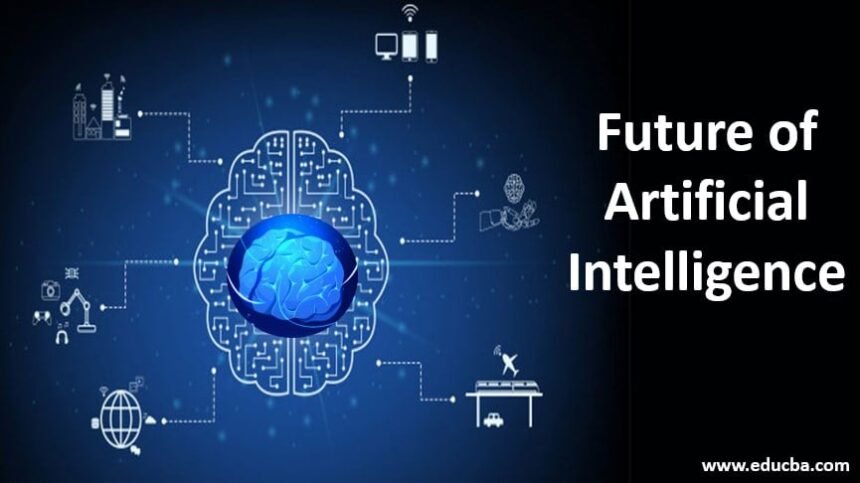Artificial intelligence (AI) is no longer a futuristic concept but a growing force influencing every part of our lives. As we move towards 2030, the advances in AI promise to revolutionize industries, redefine work, enhance healthcare, and transform human interactions. But what exactly can we expect from AI in the next five years? This blog breaks down the future trends, benefits, and challenges tied to artificial intelligence by 2030.
AI’s Growing Presence in Everyday Life
By 2030, AI will be seamlessly integrated into daily life, working quietly behind the scenes to make our routines easier and more efficient.
Smart Assistants: AI-powered assistants will proactively help manage daily schedules, recommend health tips, and even detect mood changes.
Home Automation: Intelligent devices will optimize energy use, secure homes, and tailor environments to individual preferences.
Transportation: Autonomous vehicles and smart city infrastructure will reduce congestion and accidents.
Revolutionizing Healthcare with AI
Healthcare is one of the fields where AI’s impact will be profound.
Early Disease Detection: AI will analyze genetic and lifestyle data to catch diseases earlier than ever before.
Personalized Treatment Plans: Tailoring medicine based on individual profiles will become more precise.
Remote Health Monitoring: Wearable AI devices will continuously track vital signs, providing real-time data to doctors.
Changes in the Workforce and Jobs
AI will reshape work rather than replace humans outright.
Automation of Routine Tasks: Repetitive and manual tasks will be handled by AI, freeing humans for creative and complex roles.
New Job Roles: Positions in AI auditing, ethicists, data trainers, and human-AI interaction specialists will become common.
Collaboration: Humans and AI systems will work together, amplifying productivity and innovation.
Ethical and Social Challenges
As AI becomes more powerful, ethical concerns grow.
Privacy: Safeguarding sensitive data and ensuring transparent AI decisions will be crucial.
Bias: Efforts to remove AI biases are needed to prevent unfair discrimination.
Accountability: Clear rules will be necessary to assign responsibility when AI decision-making causes harm.
AI’s Impact on Education
Education will become highly personalized.
AI Tutors: Adapting to individual learning speeds and styles to improve outcomes.
Lifelong Learning: Continuous learning platforms powered by AI will help workers reskill as AI evolves jobs.
Looking Ahead: Trends to Watch
Multimodal AI: Systems that understand images, speech, and text together will drive next-gen innovations.
Energy-Efficient AI: Sustainable AI technologies will reduce environmental footprints.
Universal Accessibility: AI breaking language and accessibility barriers globally.
Conclusion
By 2030, artificial intelligence will be an invisible yet powerful part of our world, revolutionizing how we live, work, and interact. While the benefits are extraordinary—from healthcare breakthroughs to personalized education—it is vital to address ethical challenges like privacy and bias. By preparing for these changes thoughtfully, we can harness AI’s potential to create a more productive, equitable, and intelligent future.
AI doesn’t just promise smarter machines, it foresees a smarter humanity.






